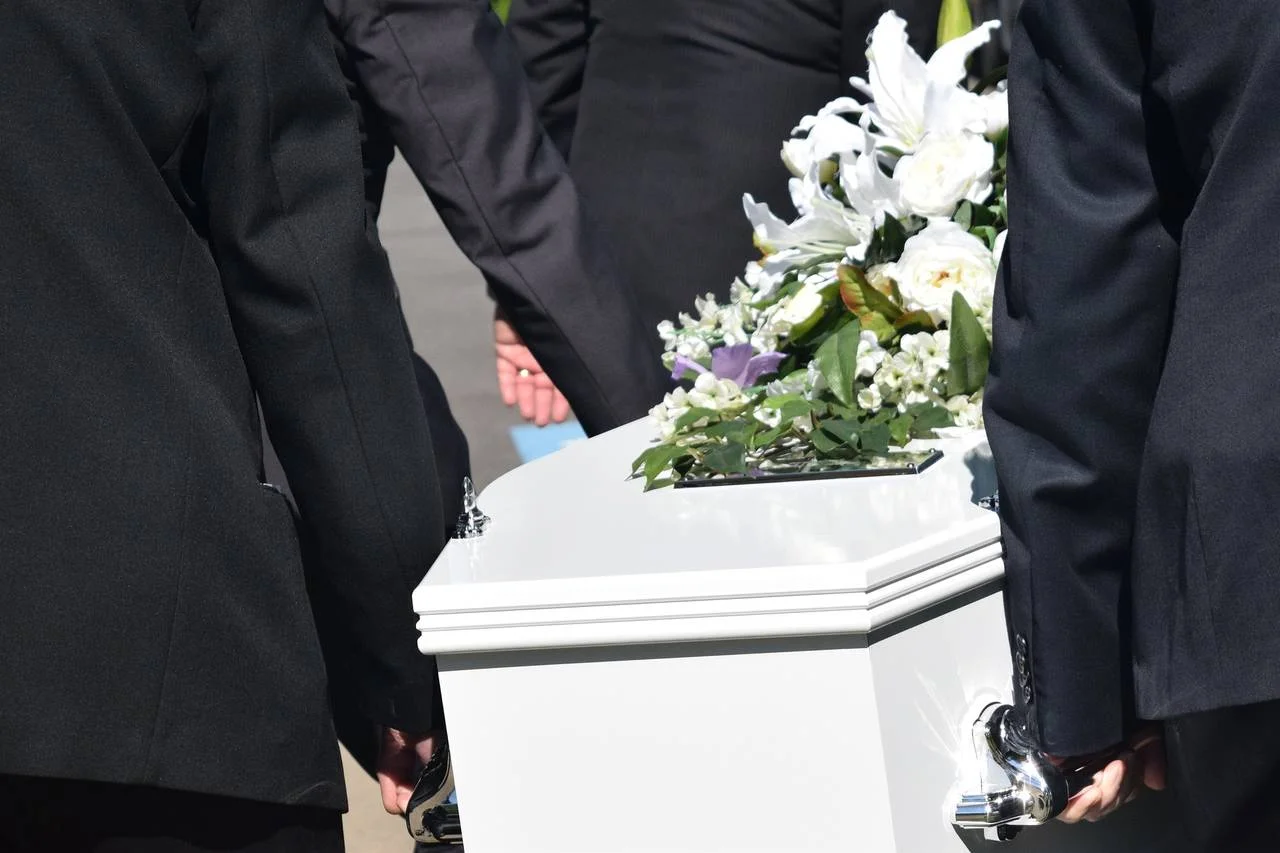Wrongful Death Claims in California: Legal Considerations and Recovery

Losing a loved one is a devastating experience, and when that loss is due to someone else’s negligence or wrongful actions, the pain can be compounded. In California, families have the right to pursue compensation through wrongful death claims. This blog post provides an informative overview of the legal considerations and recovery process involved in wrongful death claims in the state.
Legal Basis for Wrongful Death Claims in California
In California, wrongful death claims are governed by the California Code of Civil Procedure, specifically sections 377.60 to 377.62. These statutes allow certain family members to seek compensation when their loved one’s death is the result of another party’s negligence, recklessness, or intentional misconduct.
Who Can File a Wrongful Death Claim?
According to California law, the following individuals are eligible to file a wrongful death claim:
- Surviving Spouse or Domestic Partner: The surviving spouse or domestic partner has the primary right to file a wrongful death claim.
- Children: If there is no surviving spouse or domestic partner, the deceased’s children may pursue a claim.
- Other Dependent Family Members: If there are no surviving spouses, domestic partners, or children, other dependent family members may be eligible to file a claim.
Legal Considerations
- Statute of Limitations: It’s crucial to file a wrongful death claim within the specified time frame. In California, the statute of limitations is generally two years from the date of the person’s death.
- Damages: Recoverable damages in a wrongful death claim may include medical expenses, funeral and burial costs, loss of financial support, and emotional distress.
- Negligence and Liability: Proving negligence or wrongful conduct is central to a successful claim. Evidence such as witness statements, expert testimony, and documentation of the incident can strengthen the case.
Recovery Process
- Consultation with an Attorney: Seeking legal advice is essential to navigate the complexities of wrongful death claims. An experienced attorney can assess the case, guide the family through the legal process, and determine the potential for recovery.
- Investigation: Attorneys will conduct a thorough investigation to gather evidence, interview witnesses, and establish liability.
- Negotiation or Litigation: Attorneys may negotiate with the responsible party’s insurance company for a fair settlement. If a settlement cannot be reached, they will proceed to file a lawsuit and represent the family in court.
- Distribution of Compensation: If the case is successful, the recovered compensation will be distributed among eligible family members according to California’s laws of intestate succession.
Conclusion
Navigating the legal landscape of wrongful death claims in California is a challenging process during an already difficult time. Understanding the legal considerations and recovery process can empower families to seek justice and financial compensation for their losses. Consulting with an experienced attorney is crucial to building a strong case and pursuing a rightful recovery.
